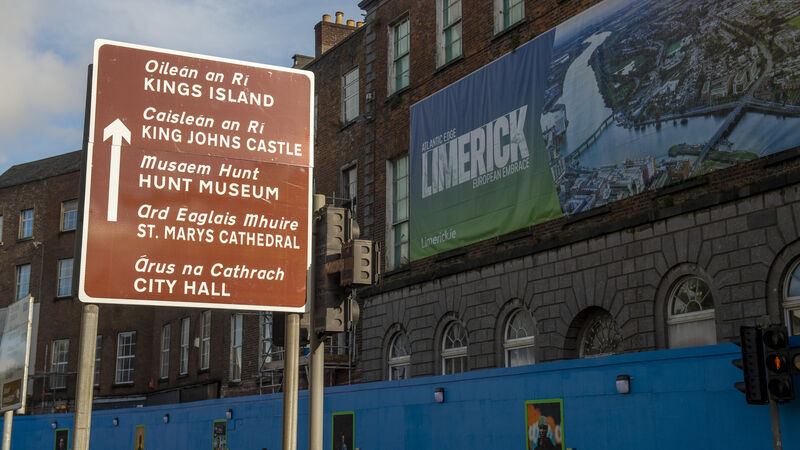Directly elected Mayor of Limerick will have 'real power'

The first mayor of Limerick will remain in place until 2029, with five-year terms thereafter.
The directly elected Mayor of Limerick will have the power to set policies around grants, will be a statutory consultee in policing and Sláintecare, and will have the right to meet with Government ministers under plans for the role.
Minister of State for Local Government Peter Burke says the role will have "real power" when its first holder is elected sometime later this year. Legislation paving the way for the role has been making its way through the Oireachtas and a vote is expected in the second half of the year. Mr Burke has described the role as the "biggest reform of local government in the history of the State".
















